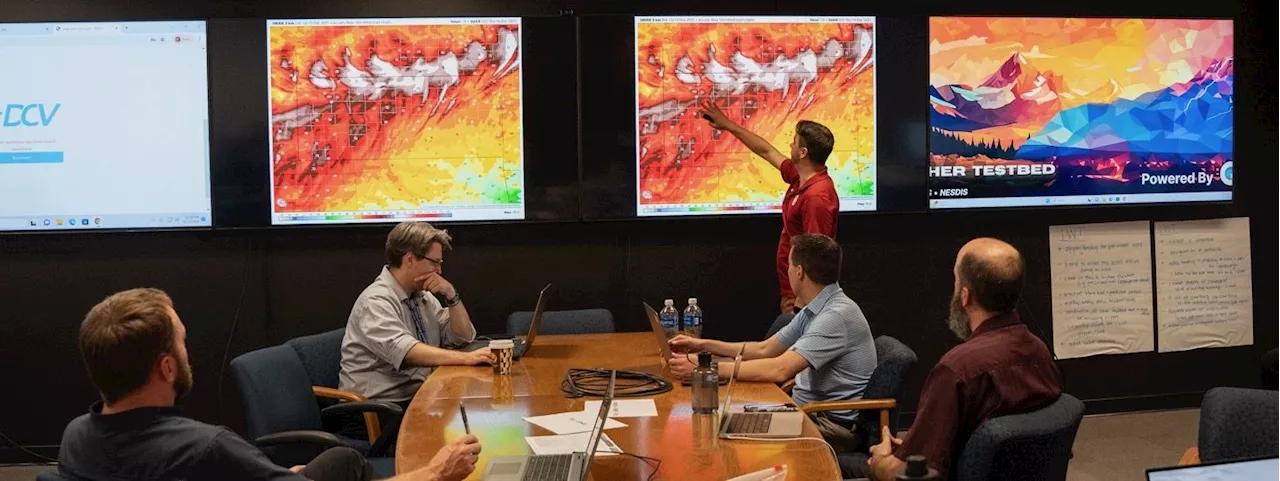Replacing research animals with tools that better mimic human biology could improve medicine
Millions of animals are used for research purposes every year, but their efficacy is increasingly limited.hen it came time for Itzy Morales Pantoja to start her Ph.D. in cellular and molecular medicine, she chose a laboratory that used stem cells—not only animals—for its research. Morales Pantoja had just spent two years studying multiple sclerosis in mouse models.
Millions of rodents, dogs, monkeys, rabbits, birds, cats, fish, and other animals are used every year for research purposes worldwide. Exact numbers are hard to come by, but advocacy group Cruelty Free International estimated that 192 million animals were used in 2015. Most of this work occurs in four broad domains: cosmetics and personal products, chemical toxicity testing, drug development, and drug-discovery research.
For the past decade or so dozens of labs, start-ups and nonprofit groups have pursued alternative methods that range from machine-learning tools that predict chemical toxicity to living “organs-on-a-chip” that can be combined to replicate human organ systems. Their efforts have now matured to the point where some labs are phasing animals out entirely. Research is beginning to show that these new methods often provide significantly more accurate answers than animals do.
The “sulfanilamide disaster,” as the incident came to be known, took the lives of more than 100 people, many of them children. Congress responded with the Federal Food, Drug and Cosmetic Act, a set of laws designed to ensure that no company would ever again unknowingly sell a toxic drug. Among other things, the act required that new drugs in development be tested on animals before being given to humans.
The Interagency Coordinating Committee on the Validation of Alternative Methods , which operates under the auspices of the U.S. National Institute of Environmental Health Sciences, is a group of 18 research and regulatory agencies working together to promote new scientifically valid methods that are rooted in human biology and that reduce and replace animal tests.
Kleinstreuer says she understands why consumer protection groups might be wary about these changes. But she emphasizes that the EPA's motivation in phasing out animal testing “is to actually providehuman health protection using the best science that is fundamentally rooted in human biology.”o see what the future of human-centric models might look like, I visited Emulate, a biotechnology company in Boston.
Emulate spun out of the Wyss Institute at Harvard University, based on the work of Don Ingber, an animal-loving cell biologist and bioengineer, who began developing in vitro models 40 years ago because he didn’t like experimenting on living creatures. “I used to joke that I was raised by dogs, but now a cat rules my life,” Ingber says.
Academic labs are also inventing new tools. Vasiliki Machairaki, a molecular biologist at the Johns Hopkins School of Medicine, has been creating a nonanimal model of Alzheimer’s disease, inspired by her grandmother’s diagnosis. Machairaki uses blood samples collected from people with Alzheimer’s to make stem cells, which she differentiates into brain cells and brain organoids, self-assembled three-dimensional tissue cultures that look a bit like trays of pale Dippin’ Dots.
Conferences dedicated to exploring alternatives to animal-dependent methods, such as the Microphysiological Systems World Summit, attract 1,000 or more attendees. Many of them are doctoral students and postdocs who are looking to build a scientific career using what they see as the tools of the future.n November 2022 U.S. federal prosecutors unsealed an unusual indictment: felony charges against eight people for allegedly running an international monkey-trafficking ring.
United Kingdom Latest News, United Kingdom Headlines
Similar News:You can also read news stories similar to this one that we have collected from other news sources.
 Skip store-bought juice: Raw Generation has launched Sippers for kidsRaw Generation has served up a new drink for the next generation.
Skip store-bought juice: Raw Generation has launched Sippers for kidsRaw Generation has served up a new drink for the next generation.
Read more »
 Skip store-bought juice: Raw Generation has launched Sippers for kidsRaw Generation has served up a new drink for the next generation.
Skip store-bought juice: Raw Generation has launched Sippers for kidsRaw Generation has served up a new drink for the next generation.
Read more »
 Biotech and more: Hold these growth stocks for the next 10 years, the pros sayTwo stocks are waste management companies ramping up their waste-to-energy efforts, which one analyst says 'could pay dividends over the coming decade.'
Biotech and more: Hold these growth stocks for the next 10 years, the pros sayTwo stocks are waste management companies ramping up their waste-to-energy efforts, which one analyst says 'could pay dividends over the coming decade.'
Read more »
 NOAA tests next-generation wildfire detection and warning toolsOceanic and Atmospheric Research (OAR) - or NOAA Research - provides the research foundation for understanding the complex systems that support our planet.
NOAA tests next-generation wildfire detection and warning toolsOceanic and Atmospheric Research (OAR) - or NOAA Research - provides the research foundation for understanding the complex systems that support our planet.
Read more »
 Harris honors Biden as he passes the torch to next generation of Democratic leadersThe Democratic National Convention is opening Monday with a tribute to President Joe Biden and a pivot to the party’s new standard bearer, Kamala Harris.
Harris honors Biden as he passes the torch to next generation of Democratic leadersThe Democratic National Convention is opening Monday with a tribute to President Joe Biden and a pivot to the party’s new standard bearer, Kamala Harris.
Read more »
 Star Trek: The Next GenerationAll the latest movie news, movie trailers & reviews - and the same for TV, too.
Star Trek: The Next GenerationAll the latest movie news, movie trailers & reviews - and the same for TV, too.
Read more »
